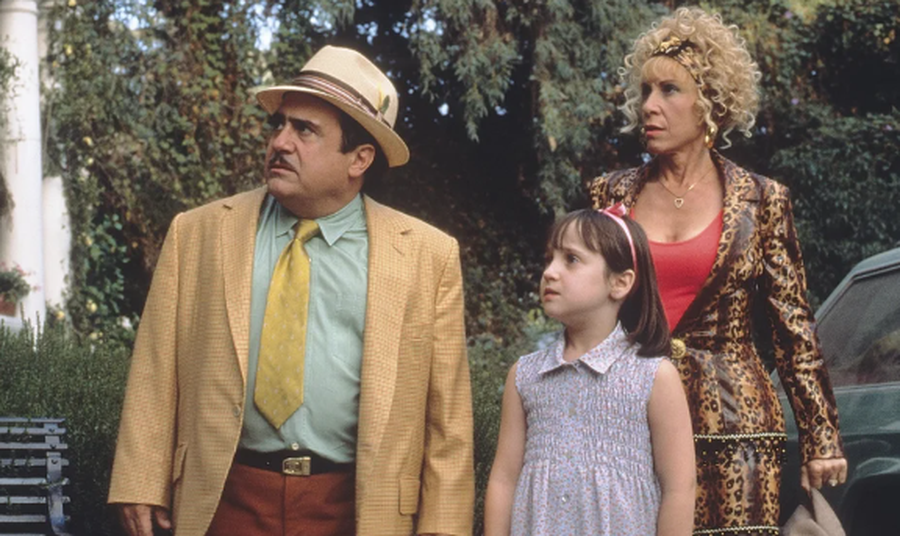
Ending a relationship with a parent is one of the most difficult decisions for an adult child. It usually happens after a long history of pain, disappointment, and failed attempts to understand. Experts share the main reasons why this emotional distancing occurs:
1. Constant criticism
Parents who constantly criticize, compare their child to others, or try to control their child's every decision create an unhealthy emotional environment. This behavior makes the child feel worthless and unloved among them.
2. The constant feeling that they are never “enough”
Children who grow up under the pressure of unrealistic expectations or constant criticism develop a sense that they are never good enough. This weakens self-esteem and pushes the relationship to a point where separation is the only way to preserve oneself.
3. Judgment and shame instilled in them by their parent
If a parent views a child's choices with judgment or tries to make them feel guilty, the child will not feel true love. The lack of acceptance deeply affects the relationship.
4. Competition with the parent or lack of a real connection
Some children grow up with parents who see them as rivals, or who never manage to build a warm and natural bond with them. This creates an emotional void that only deepens as the years go by.
5. Emotional, physical or psychological abuse
In severe cases, adult children run away to escape violence or trauma they experienced in childhood, or that continues into adulthood. Even if they try to forgive their parent, the wounds do not easily disappear.
6. Feelings of being exploited or used by the parent
When a parent acts as a constant emotional or material burden, expecting the child to be available for everything, the adult child reaches a point where they feel like they are simply "a tool" and not a person in their own right.
In most cases, this disconnection does not happen out of "anger" or as a spur-of-the-moment reaction. It is the result of a long history of pain, disappointment, and lack of understanding on the part of the parent. And if there is ever a chance for reconciliation, it requires a lot of reflection, acceptance, and sincere change.
Source: Your Tango










